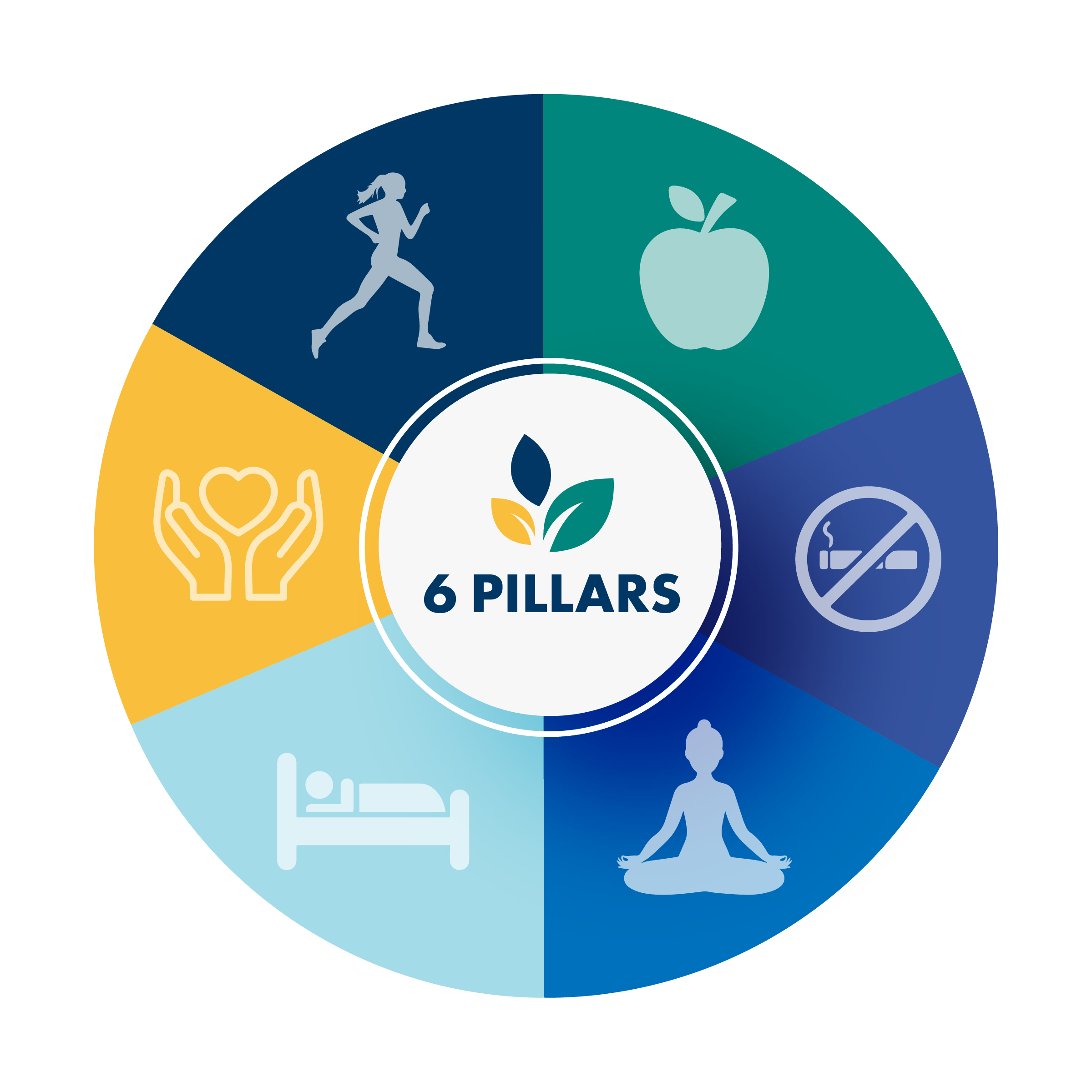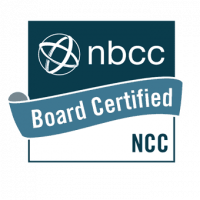You Are Not Alone
Free Consultation Available

Find relief from postpartum depression with therapy and counseling today to start feeling like yourself again.
Pregnancy, Postpartum Depression & You
Postpartum depression (PPD) is a prevalent mental health disorder that can significantly impact any mother. Though the arrival of a new baby is often celebrated as a joyous and transformative experience, it also brings an onslaught of emotional, physical, and hormonal changes. Some mothers may find themselves grappling with complex emotions that extend beyond the typical ‘baby blues,’ a term used to describe the mild mood swings and weepiness that can occur in the first few weeks postpartum. When these feelings persist, become severe, and start to interfere with daily life, it could signal the onset of postpartum depression.
The challenges associated with identifying and treating postpartum depression are manifold. Societal expectations and pressures often paint an idyllic picture of motherhood, causing many mothers to feel guilty or ashamed for struggling with their mental health. In some cases, the symptoms of postpartum depression may be mistaken for normal postnatal stress and fatigue, making it even more difficult to detect. Despite these hurdles, it is vital for mothers and their support systems to recognize the symptoms and promptly seek professional help if postpartum depression is suspected. Timely intervention from an expert postpartum depression therapist can significantly improve prognosis and overall quality of life.
This comprehensive guide aims to shed light on the often misunderstood and underestimated aspects of postpartum depression. From understanding its symptoms to navigating the treatment landscape, this resource aims to equip readers with the knowledge to support themselves or loved ones through the complexities of postpartum mental health.
What is Postpartum Depression?
Postpartum depression (PPD) is a form of depression that emerges after childbirth. The condition affects an estimated 1 in 7 new mothers in the United States [1]. PPD can appear anytime within the first year after delivery, and its duration varies widely, lasting weeks, months, or in some cases, even longer.
While PPD can be challenging to pinpoint due to the normal stresses and emotional swings associated with new parenthood, there are common symptoms that may indicate its presence. These can include:
- Persistent feelings of sadness, hopelessness, or being overwhelmed
- A noticeable loss of interest or pleasure in activities previously enjoyed
- Significant changes in appetite or sleep patterns
- Constant fatigue or lack of energy
- Feelings of guilt, worthlessness, or shame
- Trouble concentrating or making decisions
- Frightening thoughts of harming yourself or your baby
It’s crucial to understand that PPD can affect anyone, irrespective of age, race, or socioeconomic background. The experiences are as diverse as the people it touches. For example, consider Anna, a first-time mother who always dreamed of motherhood. She was surprised when she found herself constantly feeling overwhelmed and tearful weeks after her baby was born, despite no apparent problems. Or reflect on Maria, a mother of three who after her last child started experiencing severe insomnia and a disturbing lack of interest in her daily activities, feelings she never encountered after her previous pregnancies.
Struggling with PPD? Meet Frisco's Top Postpartum Depression Therapist

MS, LPCC, LPC, NCC
Therapist | Licensed Professional Clinical Counselor | Nationally Certified Counselor
With more than a decade of experience supporting individuals battling postpartum depression and working alongside mental health professionals, I am a dedicated counselor specializing in postpartum depression recovery. My mission is to provide personalized care that fosters trust, resilience, and emotional strength, empowering you with the tools needed to navigate the path of healing and regain control over your mental well-being.
Contact me today to embark on your journey towards recovery and improved mental health.
Is Postpartum Depression Considered a Mental Illness?
Postpartum, as a term, generally refers to the period following childbirth. Many mothers will experience ‘postpartum blues’ or ‘baby blues’ — mild, temporary feelings of sadness, irritability, and fatigue that usually resolve within two weeks. These transient feelings are a normal response to the significant physical, hormonal, and emotional changes accompanying childbirth.
However, when these symptoms intensify and persist beyond the initial weeks, affecting the mother’s ability to function or care for her baby, they may signify postpartum depression, a recognized mental health disorder. The distinction between normal postpartum adjustments and PPD is significant. For instance, consider Sarah, who finds herself tearful and irritable a week after giving birth, but these feelings subside over the next couple of weeks as she adjusts to her new routine. Contrast her experience with Laura’s, who, six months postpartum, still struggles with persistent feelings of sadness, guilt, and a lack of interest in her baby, suggesting she may be grappling with PPD.
PPD is a serious condition that necessitates professional intervention, usually involving psychotherapy and sometimes medication. Understanding the difference between the normal emotional fluctuations after birth and PPD is vital for timely diagnosis and treatment. Always reach out to a healthcare provider if you’re unsure about your symptoms or if your feelings of sadness and anxiety persist. Remember, help is available, and with the right support and treatment, full recovery is entirely possible.
Risk Factors for Developing Postpartum Depression
While postpartum depression (PPD) does not discriminate and can occur in anyone, there are certain risk factors that can escalate the probability of its onset. Acknowledging these risk factors is crucial because awareness can lead to early detection, timely intervention, and effective management of the condition. The common risk factors associated with PPD include:
History of Depression or Anxiety: Women who have previously experienced episodes of depression or anxiety, either during pregnancy or at other times, are at a heightened risk for PPD. This also extends to bipolar disorder and other mood disorders. For instance, Jane, a woman who struggled with anxiety during her college years, may be more susceptible to PPD after her delivery.
- Lack of Social Support: Support from loved ones plays a crucial role in adjusting to life with a newborn. If a new mother, like Lisa, finds herself without sufficient emotional support or practical assistance from family or friends, her likelihood of developing PPD increases.
- Financial or Relationship Stress: Significant stressors, such as financial insecurity or relationship instability, can compound the challenges of adjusting to parenthood. For example, a new mother like Michelle, who is struggling with financial issues or discord with her partner, might be more prone to PPD.
- Difficult or Traumatic Childbirth Experience: Women who’ve had a complex or traumatic birthing experience, including premature delivery or having a baby with health issues, may be more vulnerable to PPD. Consider Clara, who had an unexpected emergency c-section, she may be at a higher risk.
- Medical Complications during Childbirth: Complications during labor or delivery, such as preeclampsia or postpartum hemorrhage, may increase the risk of PPD. Emma, for instance, who experienced severe postpartum hemorrhage, might be more susceptible to the onset of PPD.
- Hormonal Changes after Childbirth: The significant drop in hormones (estrogen and progesterone) after childbirth can lead to mood swings and may contribute to the development of PPD. Every woman experiences these hormonal changes, but for some like Rachel, these fluctuations might trigger PPD.
It’s important to note that these risk factors do not guarantee the development of postpartum depression, nor does their absence ensure immunity. They are potential indicators that can guide healthcare providers and mothers to watch for symptoms more closely. Early identification and prompt treatment are the cornerstones of managing PPD successfully. Therefore, being cognizant of these risk factors can empower mothers and their families to take action and seek help promptly if symptoms begin to appear.
Treatments for Postpartum Depression
When it comes to treating postpartum depression (PPD), there are several options available. The key is finding the right combination of treatments that work best for each individual. These treatment methods can range from therapy and medication to support groups and self-care strategies.
Therapy
Therapy is a widely used treatment option for individuals grappling with postpartum depression. Specialized therapists experienced in postpartum mental health use evidence-based techniques to help mothers navigate the unique challenges associated with PPD. Therapy is effective because it aids individuals in identifying and challenging negative thought patterns and behaviors, enhances communication skills, improves relationships, and offers a confidential space to process emotions and experiences. Cognitive Behavioral Therapy (CBT) and Interpersonal Therapy (IPT) are two therapeutic approaches that have shown success in treating PPD.
Medication
Antidepressant medications are often used in conjunction with therapy to treat PPD. They work by balancing chemicals in the brain that affect mood and emotions. While antidepressants can be an effective treatment method, it is crucial to have a thorough consultation with a healthcare professional before starting any medication regime. This ensures the benefits outweigh potential risks and side effects, especially for breastfeeding mothers.
Support Groups
Support groups can provide invaluable emotional comfort and moral support to mothers facing PPD. The sense of community, understanding, and shared experiences can help alleviate feelings of isolation and stigma. Mothers can learn from each other’s experiences, share coping strategies, and gain reassurance that they are not alone in their journey.
Self-Care
Self-care is a critical component of any PPD treatment plan. It involves maintaining a healthy lifestyle to help improve mood and energy levels. This includes getting adequate sleep, maintaining a balanced diet, engaging in regular physical activity, and taking time to relax and engage in enjoyable activities. It’s essential for mothers to remember that taking care of their own needs is just as important as caring for their newborn.
Remember, seeking help is not a sign of weakness, but rather an act of strength. Reaching out for assistance and taking proactive steps to manage mental health reflects resilience and determination. There is no “one size fits all” treatment for PPD. Each woman’s experience with PPD is unique, and the path to recovery will look different for everyone. What’s most important is not to suffer in silence – help is available, and with the right treatment and support, recovery is well within reach.
What Therapy Is Best For Postpartum Depression?
Various types of therapy can be significantly beneficial in treating postpartum depression (PPD). The most suitable approach can depend on the individual’s specific needs, symptoms, and personal preferences. Among these, cognitive-behavioral therapy (CBT) and interpersonal therapy (IPT) are commonly recommended due to their proven effectiveness.
Cognitive-Behavioral Therapy (CBT)
CBT is one of the most widely used and researched therapies for treating postpartum depression. This approach helps individuals identify and alter negative thought patterns and behaviors that contribute to depressive symptoms. CBT encourages the development of coping strategies that deal with current problems. For instance, a mother like Jessica might work with a therapist to challenge self-defeating thoughts like “I’m failing as a mother” and replace them with more realistic and constructive thoughts such as “I’m doing the best I can and that’s enough”.
Interpersonal Therapy (IPT)
IPT is another effective therapeutic approach that focuses on improving interpersonal relationships and communication skills. This therapy can be particularly beneficial for new mothers struggling to adjust to the demands of caring for a newborn, or dealing with changes in their relationships post-birth. For example, in IPT, a mother like Laura might explore how her new role has affected her relationship with her partner, and develop strategies to improve communication and shared parenting responsibilities.
Ultimately, the most beneficial therapy will depend on the individual’s specific needs and circumstances. Therefore, it is important to work with a qualified mental health professional to determine the most effective treatment plan. It’s crucial to remember that it’s okay to seek help, and therapy is a courageous step towards recovery and reclaiming your well-being.
Selecting the right therapist for postpartum depression (PPD) is a crucial step in managing and overcoming this condition. The most effective therapists should not only be equipped with specialized training and experience, but also possess certain qualities that foster a supportive and therapeutic relationship.
Specialized Training and Experience
A proficient PPD therapist should have specific training and experience in treating individuals with postpartum depression. They should be knowledgeable about the physical, emotional, and psychological challenges faced by new mothers. This professional expertise is essential in providing targeted therapeutic interventions and understanding the unique dynamics of postpartum mental health.
Sensitivity and Non-Judgmental Attitude
Good therapists understand the vulnerability of their clients and approach them with empathy, sensitivity, and a non-judgmental stance. They provide a safe space where clients feel comfortable to express their emotions and experiences without fear of criticism or judgement.
Proficiency in Evidence-Based Therapies
Good therapists are skilled in evidence-based therapies like Cognitive Behavioral Therapy (CBT) and Interpersonal Therapy (IPT), and know how to adapt these treatments to meet the specific needs and goals of each client.
Excellent Communication and Compassion
Effective therapists demonstrate exceptional communication skills, patience, and compassion. They are adept at understanding and conveying complex information in a clear and accessible manner. They also have the patience to listen attentively and the compassion to respond with empathy and understanding.
Why Megan Corrieri of Northstar Counseling & Therapy Is the Ideal PPD Therapist
Megan Corrieri, a highly skilled therapist at Northstar Counseling & Therapy, exemplifies these essential qualities and more. She combines her extensive training and experience in treating postpartum depression with a genuine commitment to her clients’ well-being. Undergoing postpartum depression herself with her second child. She knows full well what you are going through.
Megan understands that every mother’s journey is unique and, therefore, tailors her therapeutic approach to suit individual needs and goals. Her deep understanding of the challenges faced by mothers during the postpartum period is invaluable in creating a therapeutic environment that encourages healing and recovery.
Skilled in evidence-based therapies, Megan deftly applies these techniques in a manner that resonates with her clients’ experiences, helping them challenge negative thought patterns and develop effective coping mechanisms. Her patients often commend her ability to break down complex psychological concepts, making therapy an enlightening experience rather than a daunting one.
But it’s Megan’s sensitivity, patience, and compassionate nature that truly set her apart. She ensures her clients feel seen, heard, and valued, offering a safe and non-judgmental space for them to share their experiences and navigate their recovery path. In Megan’s care, mothers feel empowered to regain control of their emotional well-being and nurture their new relationships with their babies.
Conclusion
Postpartum depression is a significant challenge that many mothers face, often characterized by a mix of complex emotions and unexpected trials. Understanding the symptoms of PPD and being aware of the available treatment options is an essential first step towards overcoming this condition. Remember, enduring this difficult phase of your life doesn’t mean you’re failing, rather it’s a testament to your strength and resilience.
Seeking help is not a sign of weakness; it’s an act of courage. Embrace the resources available to you, whether it’s therapy, medication, support groups, or self-care practices. It’s also vital to remember that you’re not alone in this journey. Millions of mothers have been where you are and have come out stronger on the other side. Every step you take towards seeking help and addressing your mental health is a step towards a healthier and happier life for both you and your baby.
Don’t let PPD stand as a barrier between you and your child. Whether it’s you or someone you know experiencing symptoms of PPD, it’s crucial to reach out and seek help today. Through the expertise and compassionate care of therapists like Megan Corrieri at Northstar Counseling & Therapy, recovery is not just possible—it’s within reach. The journey may be challenging, but the destination—a joyful and fulfilling motherhood—is well worth the effort.
Free PPD Consultation - Immediate Openings
If you’re struggling with postpartum depression, know that you’re not alone.
Seeking therapy is a powerful step towards recovery and healing. Reach out today and take the first step towards reclaiming your life and mental health.

Megan Corrieri
Owner, Clinician, Wife & Mom
Share:










